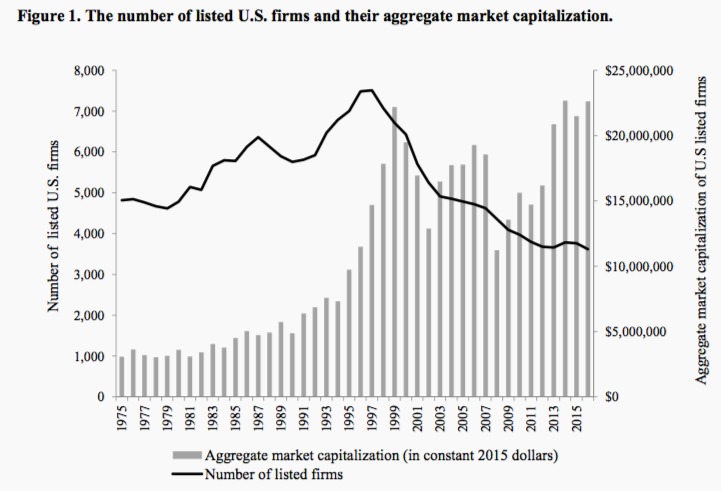Source: What We Talk About When We Talk About Performance | Random ASCII, by Bruce Dawson
Describing performance improvements exists at the intersection of mathematics and linguistics. It is quite common to use incorrect math to describe performance improvements, and it is possible to use incorrect, misleading, or just sub-optimal rhetoric to describe your math.
…
It’s quite easy to find examples of this rhetorical error. A google search for “90% faster” (with the quotes) almost exclusively finds articles talking about reductions in elapsed time of 90% or more, where the new process is actually at least 900% faster.
…
Therefore, when you reduce how long a task takes – any task – you should calculate the speedup factor as NewSpeed / OldSpeed and use that speedup to describe your achievement. You should also share your before/after numbers so readers can check your math.
